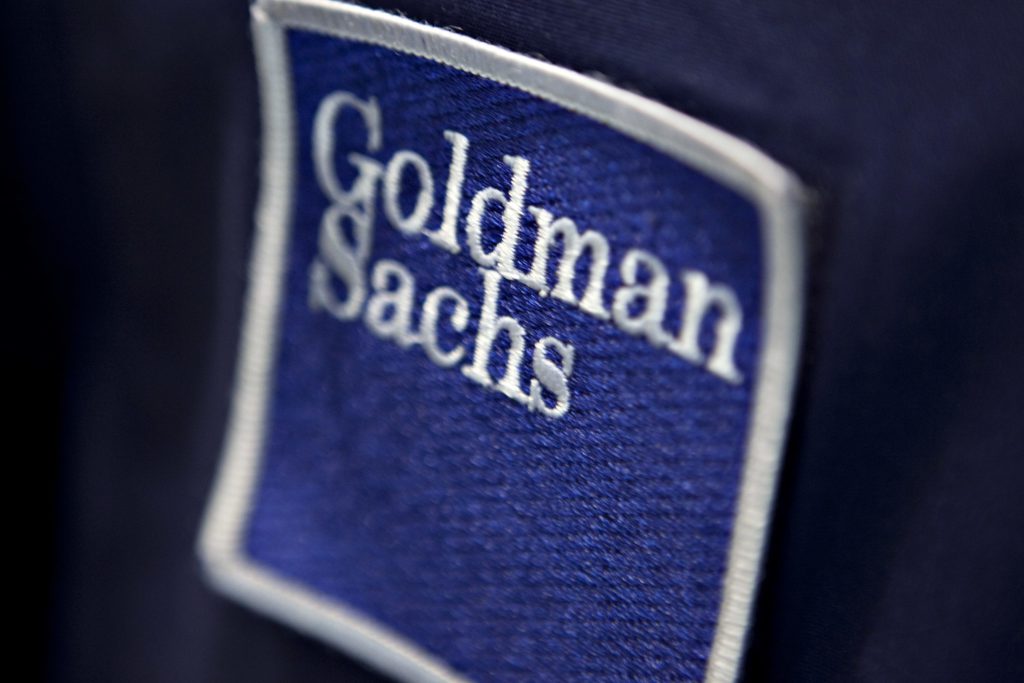(Bloomberg) — Goldman Sachs Group Inc. is coming off its best year ever in Israel. But the hiring spree it’s planning is both a rebuilding effort and a growth push.
After emerging as the top adviser on Israeli initial public offerings in the U.S. in 2021, the Wall Street firm plans to double its local staff to around 30 by adding five people to the investment banking division and expanding its asset management and private wealth teams in Tel Aviv.
Since a recent diplomatic breakthrough that fostered ties between Israel and four Muslim-majority countries including the United Arab Emirates, the bank has worked to drum up business for Israeli companies in the Gulf and touts the prospect of investments by the region’s wealth funds, according to Jonathan Penkin, Goldman’s new head of investment banking in Israel.
As Goldman’s footprint expands in Israel, it’s also having to contend with the recent exits of Sarel Eldor and Danny Akerman, two senior bankers who left to start up their own investment fund.
“In a sense, we are rebuilding part of our operations here post the departures of what were important colleagues,” Penkin said in an interview.
At stake is a bigger slice of business generated from the increasingly lucrative Israeli technology sector during a wealth bonanza tied to the industry. Goldman, which held on to the top spot in dealmaking globally in 2021, saw its revenue in Israel reach the most ever not just in investment banking but also for asset management, Penkin said.
Boom Year
Israel’s tech companies saw a 520% surge in the value of share offerings and M&A last year, with the total reaching near $100 billion if follow-on transactions are counted, according to PwC.
Goldman had a role in blockbuster deals including the IPO of mobile gaming firm Playtika Holding Corp., which a year ago staged the biggest Israeli listing ever, and was involved in taking app software company ironSource public through a merger that valued the combined business at over $11 billion.
Less than three months into his appointment to replace Eldor in Israel, Penkin is combining his new role with responsibilities as head of Goldman Sachs International Bank in Johannesburg.
An almost 16-year veteran of the bank, he took up his role in South Africa at the end of 2019 after working on Saudi Aramco’s share sale, the world’s biggest IPO. Penkin, a graduate of the University of Cape Town, was previously chairman of Goldman’s equity capital markets unit for Asia ex-Japan.
Goldman is also looking to harness its investment-banking prowess in Israel by promoting the country’s companies across the Middle East. The firm has brought potential Gulf investors to Israel, Penkin said, to capitalize on the U.S.-brokered normalization agreements struck by the government in Jerusalem in 2020 with the UAE, Bahrain, Morocco and Sudan.
“We hope to be able to provide some of the big sovereign wealth funds and providers of capital in the region with opportunities to buy into what we think continue to be some of the best investment opportunities in the world, in Israeli companies,” he said.
Even during boom times, challenges abound for Israel’s tech scene.
The industry is facing a severe shortage of skilled workers that’s led to an “insane” war for talent and pushed up wages enough to make businesses less competitive relative to the U.S., according to Penkin. A rally in the shekel has only added to the cost burden on employers.
The number of Israeli IPOs is likely to decline slightly in the first quarter, before picking up again later in the year, but a “significant and a healthy number” of high quality companies will nevertheless look to list in the U.S. this year, he said.
“We do expect markets to kind of be more volatile, and volatility is not necessarily the friend of an IPO,” he said.
Many of the companies that have recently gone public will need to make acquisitions to keep up the growth levels they saw before their IPO, Penkin said.
While fintech and cyber firms are likely to continue attracting record sums, other tech companies — especially those disrupting traditional sectors like health care and food — may raise significant amounts of capital, according to Penkin.
“The level of activity at the moment is off the charts,” he said.
More stories like this are available on bloomberg.com
©2022 Bloomberg L.P.











